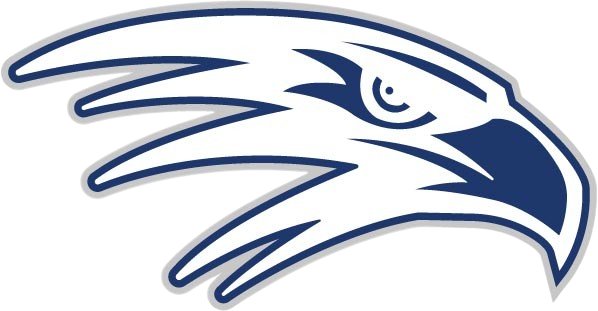Digital Citizenship @ FMS
Student activities and Resources
What is Digital Citizenship?
Digital Citizenship can be described as the norms of appropriate, responsible behavior (and its positive and negative impact on self and others) with regard to technology use. To learn more about the topics of digital citizenship, use this topic summary.
Virginia legislation requires schools to include a component on internet safety for students in the division's acceptable internet use policies and integrated within the instructional programs.
View resources curated by FCPS about Digital Citizenship.
How are we educate teachers and students about Digital Citizenship at Franklin?
All of our teachers are in the process of completing required training around the following Digital Citizenship topics: Social Networking, Internet Safety, Information Literacy, Copyright, Digital Footprint, Relationship and Communication, Privacy and Security, Cyberbullying and Self Image and Identity. Having a foundation of knowledge in Digital Citizenship will allow our teachers to identify teachable moments where they can infuse these topics into their curriculum.
We are also providing the opportunity for students to learn about Digital Citizenship. This is our third year of providing students opportunities to learn about Digital Citizenship here at Franklin. We start each year by offering a pre-assessment to see where students are and what they already know about Digital Citizenship. Then we provide curated lessons on All student lessons on the topics listed above. Those lessons are posted into the Franklin grade-level Student Google Classrooms the first week of each month and completed during our extended 5th period. Lessons are created using Edpuzzle.com or Google Slides, which allows for questions to be embedded into the video. See below to view our offerings:
August: Digital Citizenship Pre-Assessment
September: Digital Footprint
October: Cyberbullying
November: Self-image and Identity
December: Privacy and Security
January: Fake News
February: Mid-year Digital Citizenship Assessment
March: Copyright
April: Information Literacy
May: End of Year Digital Citizenship Assessment

